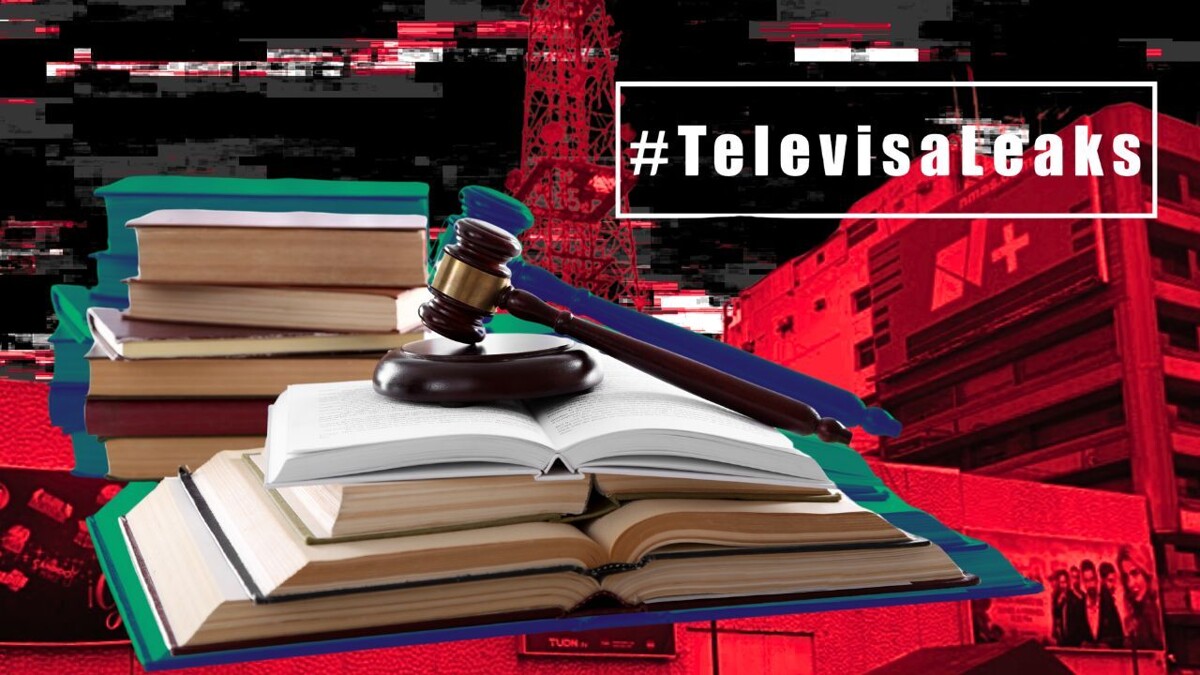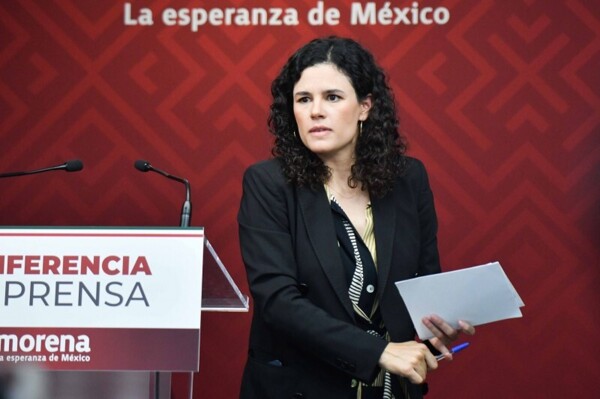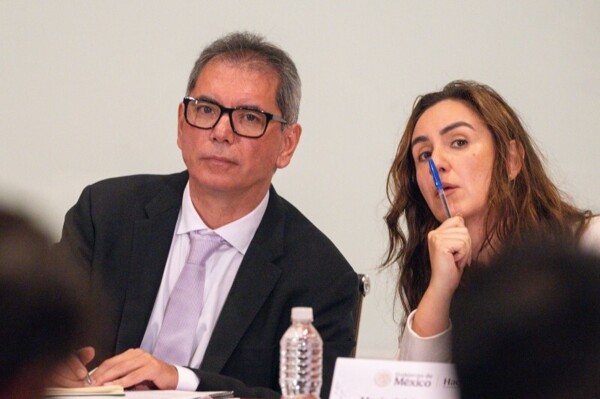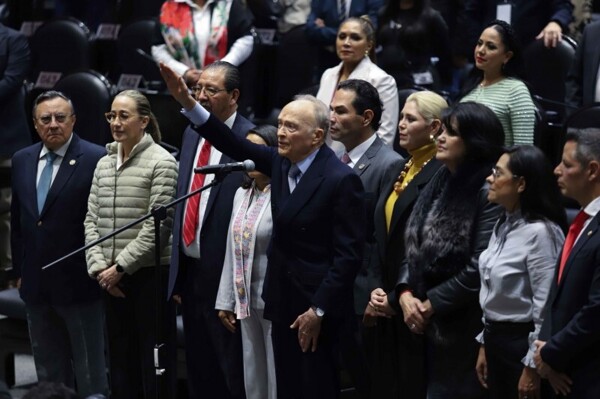
The former minister of the Supreme Court of Justice of the Nation (SCJN), José Ramón Cossío, pointed out that in the case of the Televisa Leaks, Javier Tejado Dondé, linked to these investigations as an operator of "Palomar," has rejected the veracity of the leaked information and has threatened to take legal action. Cossío warns that this case could lead to civil, criminal, or administrative lawsuits.
At the center of the legal debate over the Televisa Leaks is the employment relationship between the whistleblower Germán Gómez García and the company Televisa. Cossío emphasizes that if Televisa certifies that Gómez worked as a freelancer, then the information he provided would be legally owned by him, absolving him of legal complications due to his revelations.
Gómez García argues that he performed subordinate tasks without a formal contract, which, according to the Federal Labor Law, would classify him as an employee of Televisa, but not as the owner of the leaked data. If it is determined that Gómez was an employee, the company could argue a violation of confidentiality in the case of the information leak.
The investigation by Aristegui Noticias known as Televisa Leaks, based on 5 terabytes of internal information from Televisa provided by Germán Gómez García, reveals supposed discrediting strategies carried out by the company's "Palomar" team. The large amount of leaked data includes chats, videos, and documents spanning from 2018 to 2024.
According to Cossío, this case is unusual both socially and legally and will set precedents for the use of private communications in legal proceedings. He also highlights that public figures are more exposed to criticism and scrutiny in such situations, and that it is necessary to update the laws governing digital evidence within the Mexican legal framework.














